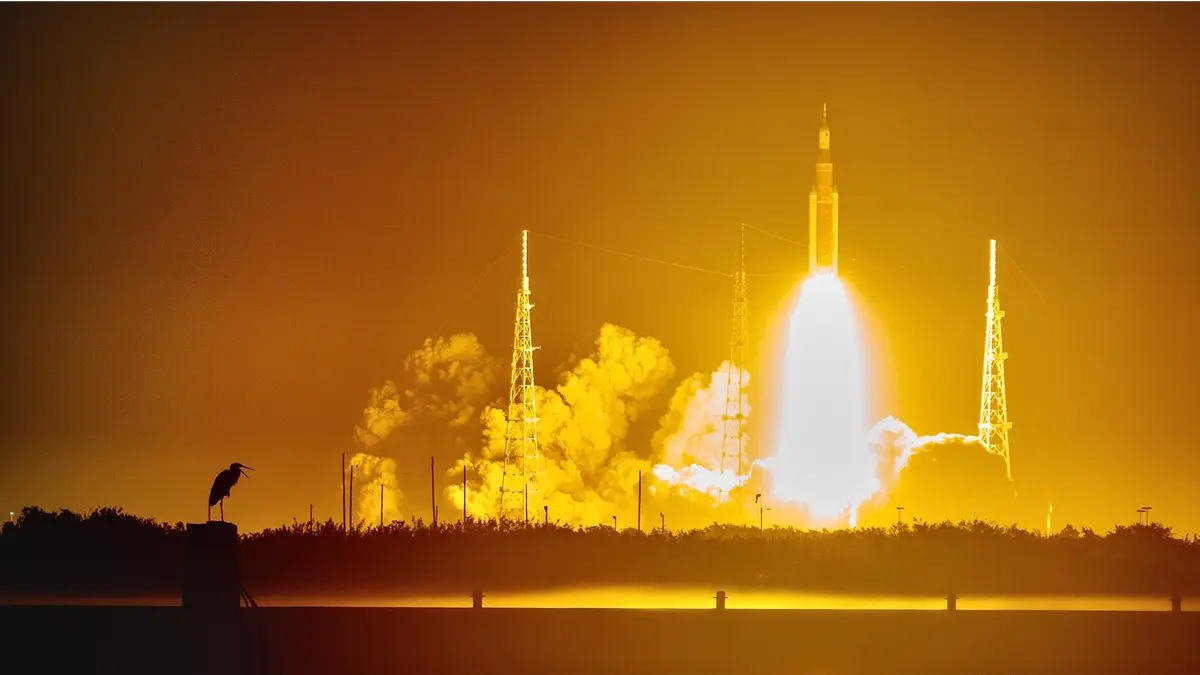Pakistan is all set to send its first ever lunar satellite to the Moon on May 3 from the Hainan Space Launch Site in China.
The mission, named IQube Lunar, would launch from the Hainan Space Launch Site in China, a testament to the collaboration between Pakistan and China in the pursuit of scientific exploration.
ICUBE-Q which is Pakistan’s Lunar CubeSat would be onboard Chinese Chang’E 6 Mission.
Member space technology institute of space technology Dr. Khurram Khurshid elaborated on the satellite’s design and development, highlighting the partnership with China and Suparco, Pakistan’s national space agency.
“On Friday, 3rd of May, at precisely 12:50pm, Pakistan’s inaugural lunar mission will embark from China which is a huge achievement,” he announced in a statement.
“IQube Lunar is equipped with two cameras for capturing high-resolution images of the moon,” Dr. Khurshid explained, emphasizing the mission’s scientific objectives.
“Our satellite will orbit the moon, gathering valuable data and imagery for research purposes.”
He also revealed China’s ambitious plan to land a satellite on the moon to collect lunar soil — a significant step forward in humanity’s exploration of space.
As the countdown to launch day began, anticipation and national pride soared across Pakistan.
The nation eagerly awaits the historic moment when its first satellite would soar into the cosmos, marking a new chapter in Pakistan’s space exploration journey.
In 2022, the China National Space Agency (CNSA), through the Asia Pacific Space Cooperation Organization (APSCO), had offered member states a unique opportunity to send a student-built payload to the Moon onboard the Chang’e 6 mission.
Pakistan’s Institute of Space Technology (IST) answered the call with a proposal for a Lunar CubeSat named “ICUBE-Qamar” (ICUBE-Q for short). After a rigorous evaluation process, IST’s proposal was selected.
The design and development of ICUBE-Q are a collaborative effort between IST faculty and students, Pakistan’s national space agency SUPARCO, and China’s Shanghai Jiao Tong University (SJTU). IST has a proven track record in CubeSat development, having successfully launched its first CubeSat, ICUBE-1, in 2013.:




